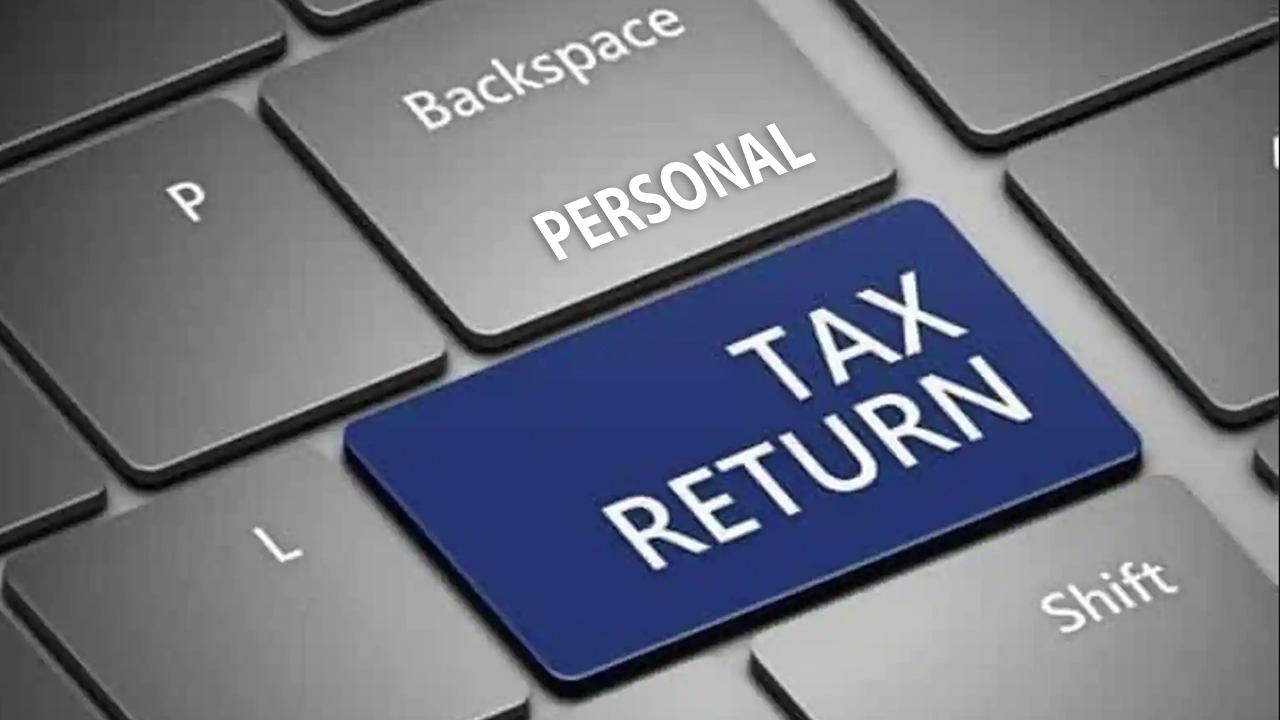Personal Tax Returns

The tax year commences on 6 April and ends on the following 5 April in the United Kingdom. The United Kingdom has a self-assessment (SA) tax system. As part of this system, the majority of UK taxpayers settle their tax liability entirely through tax withheld at the source of earnings and savings and do not need to make any further declarations. However, around a third of taxpayers need to complete a tax return, which will be issued by HMRC each year. Married couples and those in civil partnerships are independently taxed and responsible for their affairs, and each files his or her return.
HMRC has recently issued many consultation documents to consider ideas such as timelier tax payments and the use of third-party data.
There are no rules on how you must keep records. You can keep them on paper, digitally, or as part of a software program (like book-keeping software).
HMRC can charge you a penalty if your records are not accurate, complete, and readable.
Income tax is normally withheld at source from salaries under the PAYE system. the worldwide earnings for a UK resident employee should be subjected to PAYE, but several special schemes and reliefs can be used to help deal with the issues this may cause. These schemes can allow PAYE to be operated on an estimated or, in some cases, an annual basis, limit PAYE to expected UK earnings, and, in some situations, remove the obligation to operate PAYE at all.
Penalties
Automatic penalties are charged where returns are filed late and also where the tax is paid late, and interest is chargeable where tax is paid late. There is a penalty regime specifically intended to reduce the UK tax lost through offshore transactions and structures. The highest penalty is up to 200% of the undeclared tax.
Income tax is charged at graduated rates, with higher rates of income tax applying to higher bands of income. Tax is charged on total income (from all earned and investment sources) less certain deductions and allowances. The main allowance is the personal allowance, which is GBP 12,570 in 2021/22. Most individuals can claim a personal allowance, unless they are claiming the remittance basis (see below) or their income is over GBP 125,140. The net amount after allowances is usually referred to as an individual's taxable income. The graduated rates of income tax vary slightly depending on whether the income is from earnings or investments.
Our personal tax clients include individuals, business owners, directors and shareholders, residential property landlords and trusts as well as non-resident individuals; those with overseas assets and individuals who are thinking of moving to or from the UK.
KAELVEN is aim to help you increase profits, minimise your tax liabilities and keep you up to date and compliant with H M Revenue and Customs.







